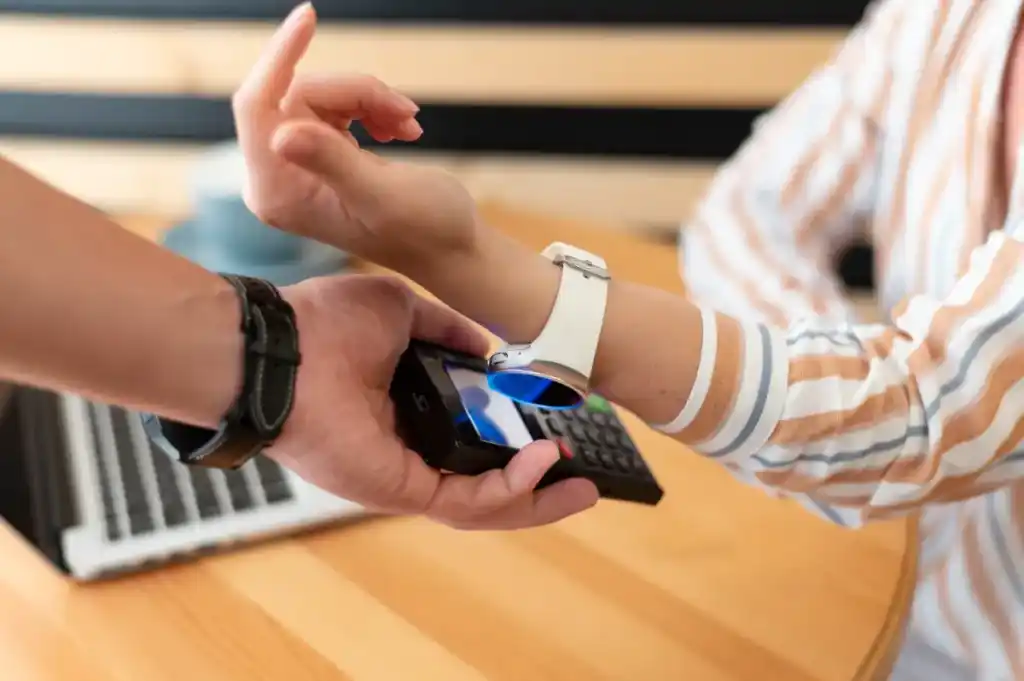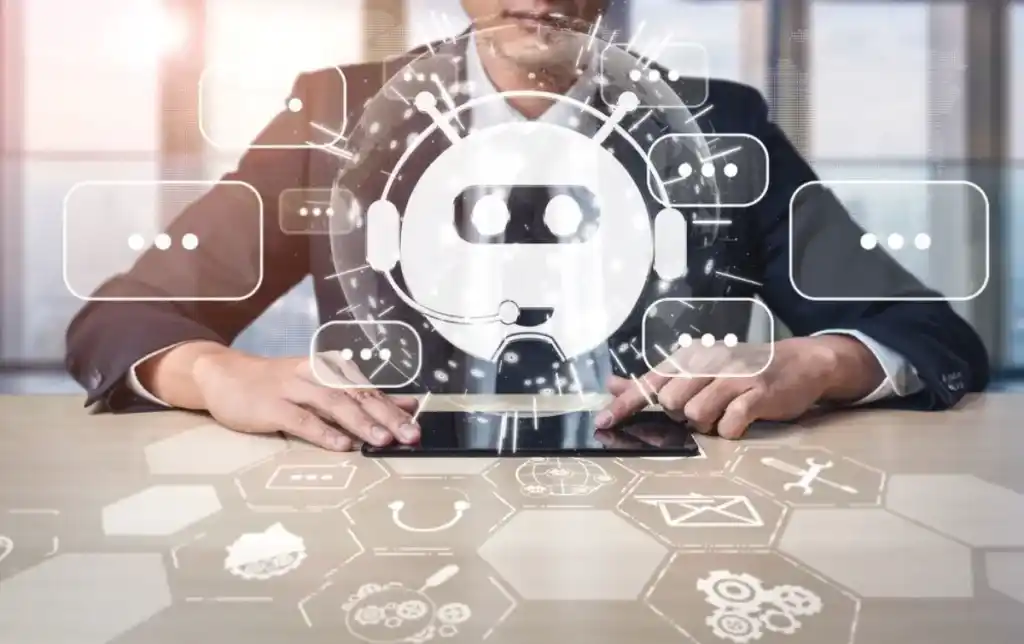
Blockchain Beyond Cryptocurrency: New Applications for 2025
For countless individuals, “blockchain” conjures visions of soaring cryptocurrencies and shrewd investments. Bitcoin and Ethereum thrust blockchain into the spotlight. Yet, this remarkable technology stretches far beyond mere digital coins.
Blockchain is a type of distributed ledger technology (DLT). It provides secure, clear, and unchangeable record-keeping. This unique mix of features is sparking a wave of innovation. Organisations worldwide are using blockchain to tackle real-world problems in new ways.
This article looks at new blockchain uses that will shape decentralised systems. It points out major blockchain developments for 2025. It also shows how this technology is changing business, society, and trust today.
What Is Blockchain, Really?
Before looking at new uses, it’s key to understand what blockchain is and what it isn’t.
A blockchain is a digital ledger that is decentralised and tamper-proof. It records transactions on many computers. Each “block” contains a set of data, and each block is linked to the previous one—forming a “chain” of records.
Key Features:
- Transparency: All participants can access the same data
- Immutability: Once data is recorded, it cannot be altered without consensus
- Decentralisation: No single entity controls the network
- Security: Cryptographic techniques safeguard the integrity of transactions
These features make blockchain perfect for systems that need trust, accountability, and traceability.
Blockchain in 2025: A Landscape Beyond Bitcoin
Cryptocurrencies continue to be a vital piece of the puzzle. Yet, by 2025, blockchain will pivot towards practical, decentralised solutions. Expect transformative answers to age-old problems across multiple sectors. The future promises a seamless blend of innovation and utility like never before.
Let’s explore some of the most exciting applications of blockchain beyond cryptocurrency.

1. Supply Chain Transparency and Ethics
Today, consumers want more accountability. Blockchain provides clear visibility throughout global supply chains.
How It Works:
Every step of a product’s journey—from raw materials to finished goods—is recorded on a blockchain. Each participant adds verified data, such as timestamps, locations, and handling conditions.
Benefits:
- Reduces fraud and counterfeiting
- Enhances traceability for food safety and recalls
- Supports ethical sourcing and sustainability claims
IBM’s Food Trust blockchain is used by big retailers and food producers. It helps track where goods like coffee, lettuce, and seafood come from and how they are handled.
2. Healthcare and Medical Records
Efficient data sharing is key in healthcare. However, privacy, fragmentation, and errors are still ongoing issues. Blockchain offers a decentralised solution to unify and protect medical data.
Use Cases:
- Secure electronic health records (EHRs)
- Cross-border data sharing for global research
- Verification of drug authenticity and clinical trial data
Benefits:
- Patients control who accesses their data
- Reduces administrative costs
- Enhances data integrity in diagnostics and treatment
Blockchain 2025 vision: Secure real-time patient data will be accessible across institutions. This will cut down on duplication and errors, leading to better outcomes.

3. Digital Identity and Privacy
Current identity systems are centralised and often insecure. Blockchain allows for self-sovereign identities. This means people can own, manage, and share their credentials directly. They don’t need intermediaries.
Applications:
- Digital passports and driving licences
- Online authentication without passwords
- Identity verification for financial services
Benefits:
- Minimises data breaches
- Enhances user control over personal information
- Reduces identity fraud
This field is embracing new tech, such as blockchain for biometric IDs for refugees. It also includes portable credentials for remote workers.
4. Smart Contracts and Decentralised Finance (DeFi)
Smart contracts are self-executing agreements coded on the blockchain. Once specific conditions are met, the contract automatically enforces the terms.
Use Cases:
- Decentralised loans, insurance, and investments
- Supply chain payments triggered by delivery confirmation
- Property rental agreements and royalty distribution
Benefits:
- Reduces intermediaries and delays
- Ensures transparency and automation
- Increases trust and efficiency
Blockchain 2025 prediction: Smart contracts will be widely used for daily transactions. This includes digital wages and pay-per-use models in transport and energy.
5. Voting and Digital Governance
Nervousness about election integrity and voter turnout has resulted in a look into blockchain voting systems.
How It Works:
Registered voters receive secure, verifiable credentials. Their votes are recorded immutably and anonymously on the blockchain.
Benefits:
- Tamper-proof vote recording
- Increases transparency and trust in election results
- Potential for remote and mobile voting
Estonia leads with its e-governance model. It uses blockchain to safeguard national data and voting systems.

6. Education and Credentials Verification
Diplomas and certificates are often difficult to verify and easy to forge. Blockchain-based credentialing allows learners to store verified qualifications on a secure digital wallet.
Applications:
- University degrees and academic transcripts
- Online course completion badges
- Professional certifications and licences
Benefits:
- Instant verification for employers
- Prevents academic fraud
- Empowers lifelong learning records
Emerging trend: Blockchain-powered “skills passports” that employers can access to assess real-world competencies.
7. Real Estate and Land Registry
Paper-based records and bureaucratic inefficiencies make property transactions slow and vulnerable to fraud. Blockchain offers a transparent, efficient alternative.
Use Cases:
- Land registry and title deeds
- Property sales and transfers
- Lease agreements and escrow services
Benefits:
- Reduces paperwork and transaction costs
- Prevents double selling and ownership disputes
- Provides tamper-proof historical records
Pilot projects: Sweden, Georgia, and the UAE are testing blockchain for land registries. The results look promising.
8. Intellectual Property and Digital Content
As the creator realm grows, blockchain lets creators show ownership, verify content, and ensure automated royalties.
Use Cases:
- NFTs for art, music, and digital assets
- Copyright registration and enforcement
- Micro-payments for streaming or downloads
Benefits:
- Protects intellectual property
- Ensures fair compensation
- Enhances transparency in licensing
By 2025, artists may manage their whole careers on decentralised platforms. They could own their content, audience, and revenue.
Challenges and Considerations
Despite its potential, blockchain adoption still faces hurdles.
1. Scalability and Speed
Current blockchain networks may struggle with high-volume transactions. New solutions like sharding, Layer 2 protocols, and proof-of-stake aim to address this.
2. Regulation and Legal Frameworks
Governments are figuring out how to regulate decentralised systems. This is especially true in finance, healthcare, and identity.
3. Energy Consumption
Some blockchains (notably Bitcoin) require high energy input. However, newer models like Ethereum 2.0 significantly reduce environmental impact.
4. User Education
To make blockchain mainstream, user interfaces need to be simpler. Also, the public must learn more about how it works.
The Road Ahead for Blockchain Innovation
1. Interoperability
Future blockchains will need to communicate with one another to maximise utility. Cross-chain platforms and bridges will play a key role.
2. Integration with Other Emerging Tech
Blockchain is being combined with AI, IoT, and edge computing. This helps build smarter and more decentralised systems.
Smart homes use IoT sensors and AI for energy management. They also use blockchain to track and bill usage automatically.
3. Government and Public Sector Adoption
Expect more blockchain use for tax collection, licensing, benefits distribution, and secure documents. This will streamline processes and enhance transparency.
A Decentralised Future
Blockchain is moving past cryptocurrency. It is a vital technology for trust, transparency, and empowerment in our digital world. By 2025, blockchain will focus on real solutions rather than just speculative tokens.
Blockchain is changing the way we interact, transact, and govern. It enables secure voting, helps with supply chain tracking, supports smarter contracts, and offers verifiable credentials. As new technology develops, those who learn and use blockchain today will be ready to lead in a decentralised future.
Act now: Look into blockchain platforms outside of crypto. Think about how your industry could change. You might also sign up for a blockchain basics course. Because in blockchain 2025, innovation belongs to those who build with trust at the core.


